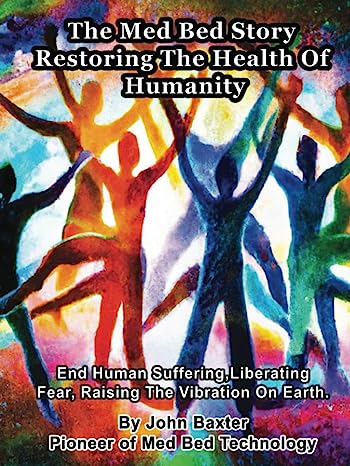In an era where mental health is gaining more attention than ever, grounding has emerged as a vital practice for maintaining emotional balance. Known for its simplicity and profound impact, grounding for mental health is not just a practice but a journey towards achieving inner peace and resilience. This article explores the myriad ways in which grounding can bolster emotional stability and fortify mental well-being.
Understanding Grounding in Mental Health Context
Grounding, traditionally associated with physical contact with the earth, extends beyond its literal meaning to encompass various techniques aimed at bringing individuals back to the present moment. This practice is especially beneficial in managing overwhelming emotions and stress, serving as a cornerstone for mental health maintenance.
The Science Behind Grounding
Grounding influences the physiological processes in the body, which can directly impact mental health. By reducing cortisol levels and enhancing parasympathetic nervous system activity, grounding practices promote a state of calmness and reduce stress responses, laying the groundwork for emotional stability.
Grounding Techniques for Mental Health
-
Physical Grounding: Engaging in activities that foster a physical connection with the environment, such as walking barefoot on grass or hugging a tree, can help anchor your senses in the present, diverting attention from stressors and anxious thoughts.
-
Mindful Breathing: Focusing on your breath and engaging in deep breathing exercises can serve as a grounding technique, facilitating a return to the present moment and alleviating feelings of anxiety and panic.
-
Visualization: Picturing a place or scenario where you feel at peace can ground your mind, reducing feelings of distress and promoting emotional well-being.
-
5-4-3-2-1 Technique: This sensory awareness exercise, which involves identifying things you can see, touch, hear, smell, and taste, is effective in pulling one’s attention back from distressing thoughts or feelings to the immediate environment.
Benefits of Grounding for Mental Health
-
Reduces Anxiety and Stress: Regular grounding practice helps diminish day-to-day stress and anxiety levels, fostering a sense of calmness and security.
-
Enhances Emotional Regulation: Grounding techniques improve one’s ability to manage and respond to intense emotions, thereby enhancing emotional resilience and stability.
-
Improves Focus and Concentration: By centering the mind, grounding exercises can increase attention span and improve focus, aiding in better decision-making and problem-solving.
-
Promotes Better Sleep: Grounding can help in regulating sleep patterns, contributing to improved sleep quality and duration, which are crucial for mental health.
-
Increases Energy and Vitality: Participants often report increased energy and an overall sense of well-being after practicing grounding techniques, which can be particularly beneficial for those dealing with depression or lethargy.
Integrating Grounding into Your Daily Routine
Adopting grounding practices doesn't require drastic changes to your daily routine. Simple activities like walking barefoot, spending time in nature, practicing mindfulness, or even using grounding equipment can easily be incorporated into your day to promote mental health.
Challenges and Considerations
While grounding is generally safe and beneficial, it’s important to approach it as part of a comprehensive mental health strategy. Individuals with severe mental health issues should consult healthcare professionals to devise a holistic treatment plan that includes grounding techniques suitable for their specific needs.
Conclusion: Grounding as a Pillar of Mental Wellness
Grounding is more than just a practice; it's a pathway to emotional stability and resilience. In the journey of mental health, grounding techniques serve as accessible and effective tools for individuals seeking to enhance their emotional well-being. By embracing grounding for mental health, you can embark on a transformative journey towards a more balanced, focused, and peaceful life.




